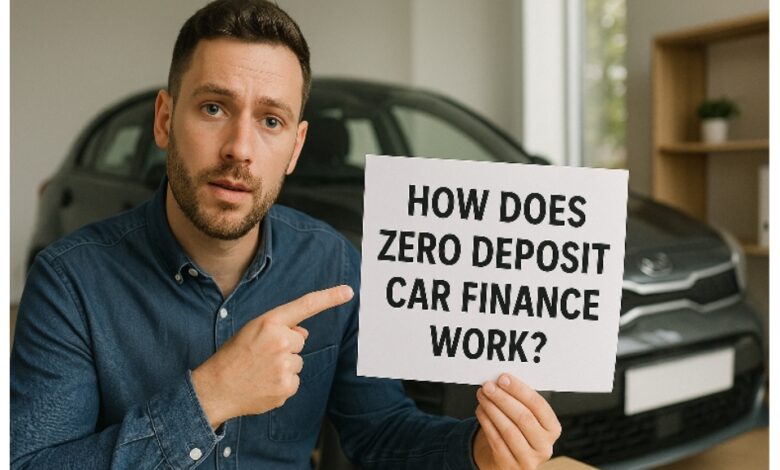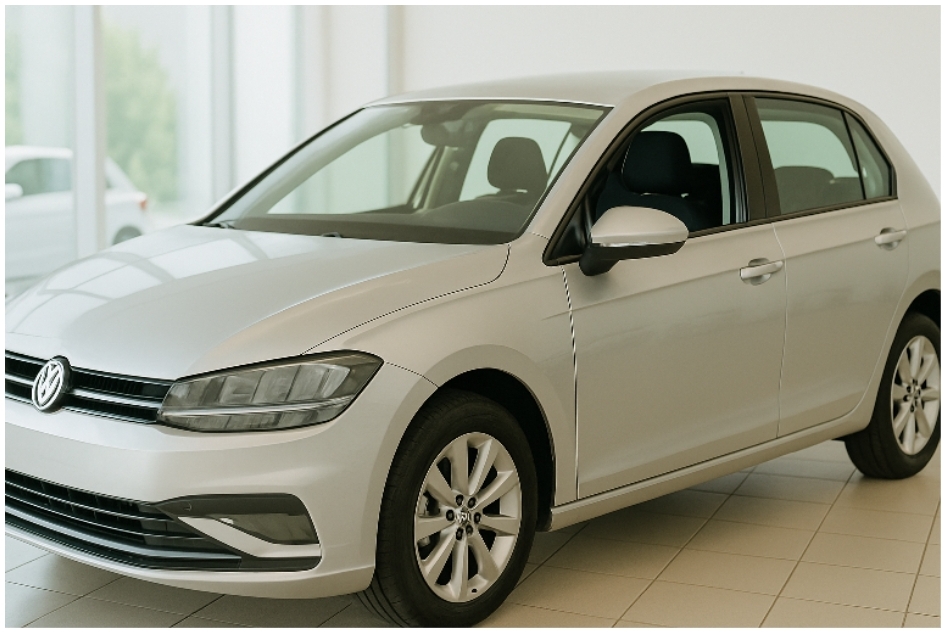How Does Zero Deposit Car Finance Work?

Zero deposit car finance is exactly what it sounds like: a way to get behind the wheel of a new or used car without paying anything upfront. This financing option has grown increasingly popular among consumers who need a vehicle but don’t have money saved for a deposit. It’s important not to confuse zero deposit with zero percent interest deals – they’re entirely different offers.
Both major types of car finance – Personal Contract Purchase (PCP) and Hire Purchase (HP) – are available with bad credit car finance no deposit options, depending on the lender. These arrangements can be particularly attractive if you need a vehicle immediately for work or family requirements.
Understanding Zero Deposit Car Finance Basics
Traditional car finance agreements typically require a deposit between 10-15% of the vehicle’s price. The bad credit car finance no deposit option eliminates this requirement, allowing you to finance 100% of the vehicle’s value. Without a deposit contribution, you’ll be borrowing the full amount, which has several important implications for your agreement.
When you finance the entire purchase price, two significant changes occur:
- Your monthly payments will be higher than with a deposit-based agreement
- You’ll pay more interest over the life of the agreement
For example, on a £20,000 car with a 6.9% APR over 48 months:
- With a 10% deposit (£2,000): Monthly payment of approximately £429
- With zero deposit: Monthly payment of approximately £478
Additionally, lenders often apply stricter eligibility criteria for zero deposit agreements, thoroughly examining your income, expenditure, and credit history before approval.
Types of Zero Deposit Car Finance Available
Hire Purchase (HP) zero deposit agreements finance the entire vehicle cost. Your monthly payments cover both principal and interest until you’ve paid off the full amount. At the end of the term, you automatically own the car outright.
Key characteristics:
- Equal monthly payments throughout the term
- No balloon payment at the end
- Full ownership once the final payment is made
Personal Contract Purchase (PCP) zero deposit arrangements are structured differently. Your monthly payments only cover the vehicle’s projected depreciation plus interest. At the end of the agreement, you have three options:
- Make a “balloon payment” to own the car
- Return the vehicle (subject to condition and mileage terms)
- Trade in for another vehicle
PCP offers lower monthly payments than HP but requires a substantial final payment if you wish to keep the car.
Financial Implications of Zero Deposit Finance
Consider this comparison for a £15,000 car financed over 48 months at 7.9% APR:
With 10% deposit (£1,500):
- Amount financed: £13,500
- Monthly payment: £327
- Total interest paid: £2,196
With zero deposit:
- Amount financed: £15,000
- Monthly payment: £364
- Total interest paid: £2,472
Zero deposit financing increases the risk of negative equity – owing more than the car is worth – especially in the early stages of the agreement. New vehicles typically depreciate 20-30% in the first year alone.
This negative equity position can cause complications if:
- You want to sell the car before the agreement ends
- The vehicle is written off in an accident
- You need to refinance the agreement
Zero Deposit Options for Different Credit Profiles
For buyers with good credit history, zero deposit options come with favorable terms. You’ll likely qualify for the lowest interest rates (often 3-7% APR), flexible agreement structures, and a wider choice of vehicles.
If you have no credit history, zero deposit financing is still possible but more challenging. You may face:
- Higher interest rates (potentially 10-15% APR)
- Restrictions on vehicle age and value
- Requirements for proof of stable income
For those with poor credit history, specialized subprime lenders provide zero deposit options, though with significant compromises. Expect interest rates between 15-30% APR, strict mileage limitations, and possibly requirements for additional security or a guarantor.
Use eligibility checkers before formal applications. These perform “soft searches” that don’t affect your credit score.
Application Process and Requirements
The typical application journey includes:
- Research phase – Identify suitable vehicles and potential lenders
- Pre-approval checks – Use eligibility tools to determine likelihood of approval
- Formal application – Submit required documentation
- Underwriting review – The lender assesses your application
- Offer and agreement – Review and accept the formal finance offer
Required documentation typically includes:
- Proof of identity
- Address verification
- Income evidence
- Employment details
- Banking information
End-of-Agreement Options and Considerations
For HP agreements, after making your final monthly payment (and sometimes a nominal fee), you’ll receive documentation confirming full ownership.
PCP agreements offer more complex choices:
- Make the balloon payment to take ownership of the vehicle.
- Return the vehicle with nothing more to pay, provided you’ve maintained mileage limits and kept the car in good condition.
- Trade in for a new agreement, using any equity toward a new vehicle.
If your circumstances change during the agreement, you may have options like voluntary termination (returning the car after paying 50% of the total amount payable) or early settlement (paying off the agreement before the scheduled end date).
With proper planning, you can transition smoothly from one agreement to the next, potentially using improved credit status to secure better terms on future financing.



